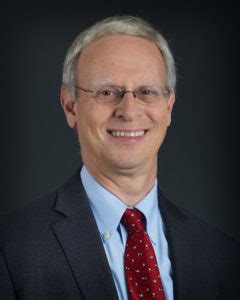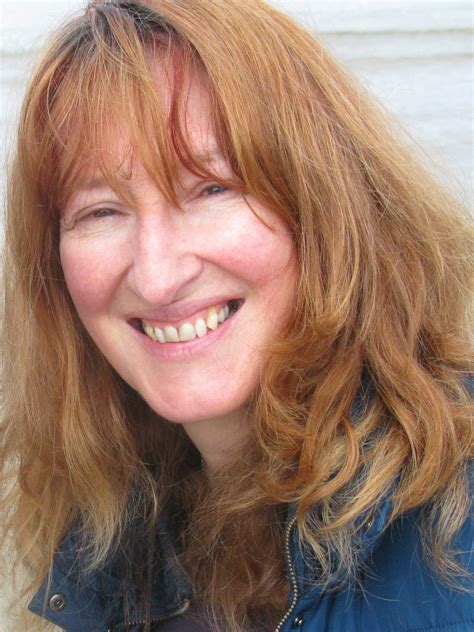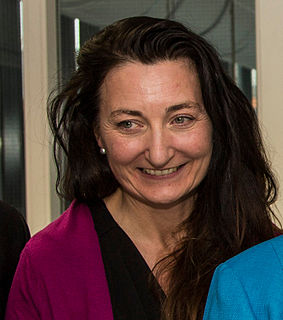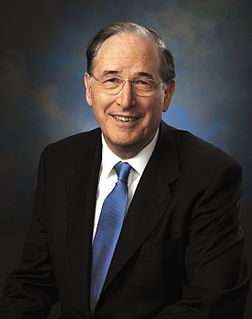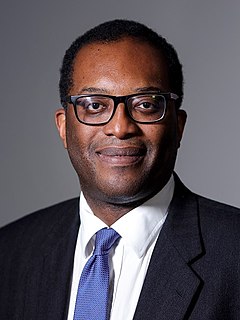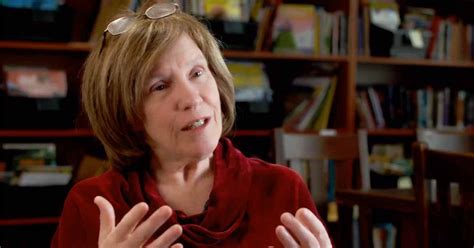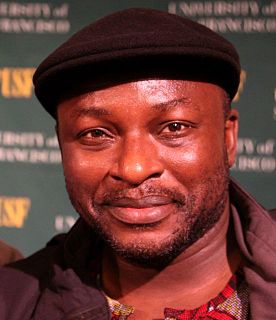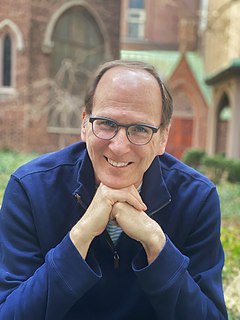A Quote by Robert S. Siegler
Children often have been likened to scientists. Both ask fundamental questions about the nature of the universe. Both also ask innumerable questions that seem utterly trivial to others. Finally, both are granted by society the time to pursue their musings.
Related Quotes
Systematic theology will ask questions like "What are the attributes of God? What is sin? What does the cross achieve?" Biblical theology tends to ask questions such as "What is the theology of the prophecy of Isaiah? What do we learn from John's Gospel? How does the theme of the temple work itself out across the entire Bible?" Both approaches are legitimate; both are important. They are mutually complementary.
Questions are far more effective than defensive statements. They do not imply agreement, but they do convey interest and a desire to understand and facilitate an environment for peak performance, a central thread of effective leadership.... The next time someone accuses you of virtually anything, ask some questions. Resolving the situation may take more time, but the outcome will likely be more productive for both of you.
